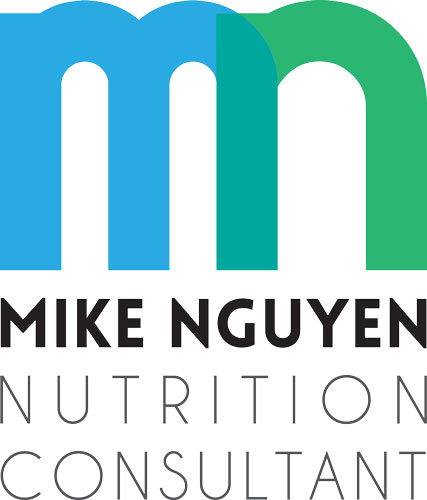If you’ve downloaded my free e-Guide, What I Get Asked the Most When I Tell Others I’m a Nutritionist, you’ve probably read my responses to these frequently-asked questions before. If you haven’t received your copy yet of this quick and easy guide, be sure to grab it here (21 nutrition FAQs answered all by me, in one convenient place). In today’s post, I’ll just highlight two of these questions with responses for you.
Question:
I make green smoothies for breakfast each day. Good start to the day, eh?
Answer:
Though I applaud you for making an attempt to increase your veggies and greens, be cautious. Certain green vegetables may be better eaten when cooked. Kale is a popular smoothie ingredient that I see many drinking in its raw form. Raw is not always better. Slightly steaming or lightly sautéing your greens such as kale can help to break down some of the plant cellulose that is hard to digest. There is also speculation that certain members of the cruciferous family of veggies may be goitrogenic (can cause an enlargement of a thyroid goiter), and raw consumption of those vegetables could potentially be worse than cooking them. Making a smoothie can be a great way to get in nutrients for the day, however your body was not intended to drink a massive amount of raw, uncooked foods in this manner. By blending a food, you end up consuming way more of that food than you would normally eat in its whole, unblended state. Moderate smoothie intake is fine, but a daily green smoothie maybe not so.
Question:
What foods can help boost my energy levels?
Answer:
Eating particular foods rich in micronutrients which are critical for energy production in the cells is necessary. It should come as no shock that these foods containing vitamins and minerals are your vegetables and some fruits. Make veggies the bulk of your diet while also making sure to eat adequate high-quality protein and fats which also can help to power you through a day with sufficient energy stores. http://www.chewgoodstuff.com/eat-veggies-part-ii/ Also ridding the diet of refined, processed foods and carbohydrates and excess sugar can help to restore proper energy levels.
Other things to consider: caffeine consumption (too much may be disrupting sleep and therefore contributing to dips in energy), water intake, electrolyte levels, iron and vitamin B-12 status.
If Q & A: Green Smoothies and Foods to Boost Energy Levels was helpful, please share this post with a friend so that they too may learn something from reading it.
Also, if you’ve yet to subscribe to my newsletter, you can do so here. This monthly newsletter is a great way to stay informed with nutrition news, tips and tricks, while also receiving free recipes and other giveaways from time to time. Don’t miss out!
Mike is a holistic nutritionist that helps people feel more optimistic about their health and wellness through changes in diet and lifestyle shifts.
He has authored posts and articles featured on MarthaStewart.com, today.com, and iVillage.com.
